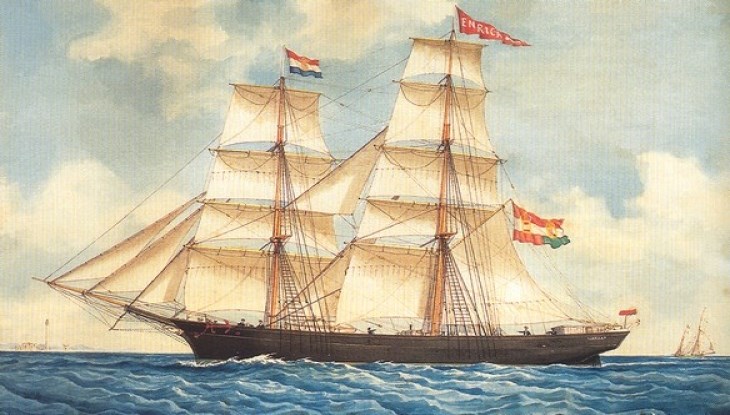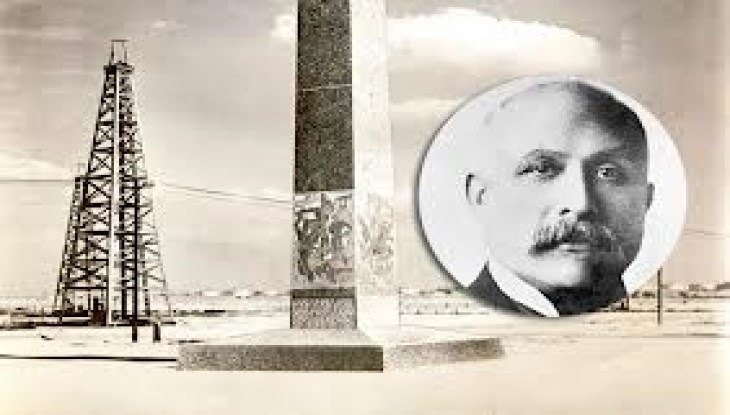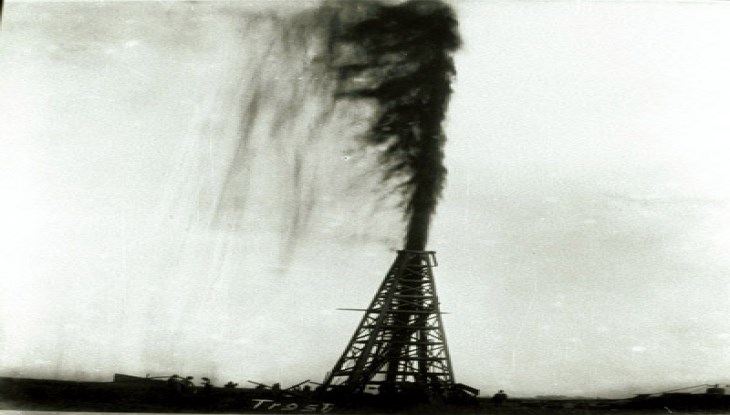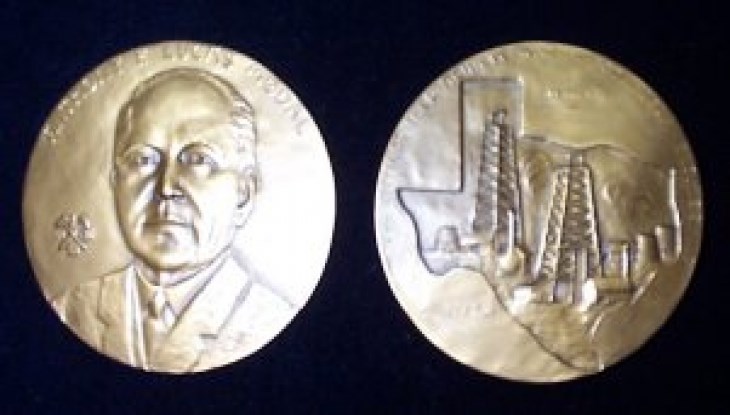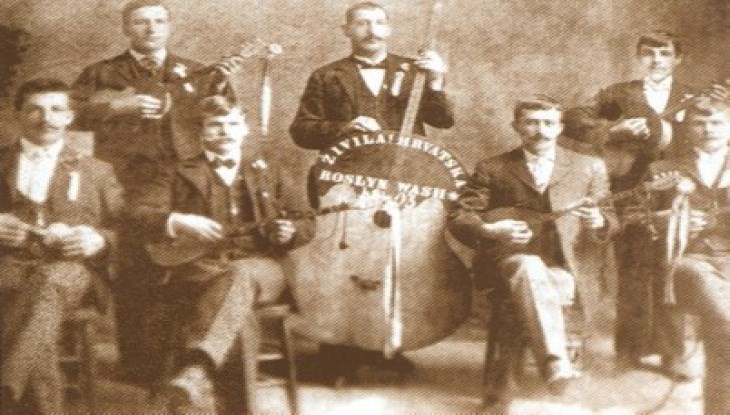Croatian Diaspora in the United States of America
Croatian immigration in the USA started at the beginning of the 19th century as the part of the New World immigration wave. Probably, the colony in Georgia was one of the first massive immigration destinations for Croats.
Modern colonization and massive immigration of the Croats started at the end of the 19th century. Most Croats who decided to immigrate came from Dalmatia and the seaside area in general. Therefore, warm Californian climate was an ideal destination as it reminded Croats of their homeland.
Most immigrants worked in coal mines, railways and road infrastructure. Between the two World Wars more than 150.000 people emigrated from Croatia to USA.
Number of Croats and their immigration
Croatian Diaspora in the USA is one of the largest in the world. Based on the estimates of the Embassy of the Republic of Croatia and General consular offices in the US, Croatian Catholic Missions, census, as well as the estimate of the Croatian community, around 1.200.000 Croats and their descendants live in the USA today.
The largest Croatian communities are in and around Chicago – around 150.000, St. Louise- around 40,000, Detroit- around 7,000,, San Pedro - 35.000, San Jose – 5,000, New York, New Jersey and Connecticut – 80,000 people of Croatian descent. USA is considered to be a traditional host country for Croatian immigrants.
Early Croatian settlers came to USA in large groups in the first half of the 20th century. Immigration of Croats to America is part of European migration process towards New Continent. Croats were among first Europeans who settled in America. According to some historians, several seamen from Dubrovnik sailed at Columbus ships. The colony in Ebeneezer, the state of Georgia, was probably the place of the first massive immigration of Croats.
Larger emigration from Croatia, so-called modern colonization, started in Dalamatia and Primorje. At the beginning, there were only individuals who emigrated, but later smaller groups emigrated from Croatian coastal area to California, attracted by its climate and other features. Early settlers populated the Mississipi river delta, along the North Pacific coast and New York.
The period of massive immigration from Croatia to the US started in late 19th century, between 1890 and WWI ( it is estimated that in this period 500,000 Croats emigrated from Croatia to the USA). Most immigrants worked in coal mines, ironworks, railways and road construction. WWI stopped massive immigration, but after the war it resumed again.
Between the two World Wars more than 150,000 people emigrated from Croatia to the USA.
Status of Croats in USA
Immigration, issuance of work permit, temporary and permanent residence as well as acquisition of citizenship are regulated by immigration acts. In order to apply for citizenship a person must have lived in the USA for at least 5 years. USA allows dual citizenship. Croats who have American citizenship have the same rights and responsibilities as other American citizens.
Croatian associations and Catholic Missions
There are many Croatian institutions, associations, folklore and sports groups as well as many Croatian charity societies. First charity societies were founded in San Francisco in 1857 and in New Orleans in 1874. Croatian immigrants gathered there, as well as in Croatian churches. In the period between the two wars they built numerous homes in USA and established music societies and tamburica societies.
After the Second World War Croatian the Croatian Fraternal Community and Croatian Catholic community continue and cherish the tradition of Croatian community associations in the USA. Most important Croatian organizations and associations in the USA are:
- Croatian Fraternal Union, CFU – founded in 1894 in Pittsburgh. It is the oldest Croatian association, established as an insurance company.
- The National Federation of Croatian Americans Cultural Foundation-NFCA – Umbrella organization that includes thirty Croatian- American associations, it has about 130.000 members www.nfcacf.org.
- HURA – Hrvatska ura - Croatian community of Washington DC , Croatian association whose aim is to promote cultural, scientific and other events related to Croats in Washington region (http://croura.org/index.html)
- “Association of Croatian American Professionals (ACAP)“ The association consists of professionals from various industries and academic communities who are from the Republic of Croatia or of Croatian origin but live and work in the USA. The aim is to foster networking, knowledge-sharing, professional collaboration and support. www.CroAmPro.com
- Croatian American Congress, CAC – part of Croatian World Congress
- Croatian-American Association (CAA)
- The Croatian Academy of America
- Federation of Croatian Societies of Milwaukee
- Croatian National Association and Fundation – umbrella association of Croats in the area of Los Angeles.
- Croatian-American Club San Pedro
- Dalmatian-American Club u San Pedru
- Croatian Cultural Center
- Croatian American Cultural Center
- Croatian American Cultural Center, Sacramento
- Croatian festival, Seattle
There are two funds which provide financial support to young students “Croatia Scholarship Fund“, (Hrvatska školska zaklada), San Ramon, Bay Area, Noth California and “Ante and Evelyn Mrgudic Memorial Scholarship Fund“, Los Angeles, as part of “Libertas Foundation” within Dubrovnik society Libertas.
In the USA there are 19 Catholic parishes. The church of St Antony, in the centre of Los Angeles also supports numerous Croatian activities. The folklore group «Sveti Ante tamburica i kolo klub Croatia» that gathers young people is active within church. There is also Croatian radio program which broadcasts on Saturday from 1 to 2 p.m. at KTYM 1460 AM. The children school has been organized with regular classes of the Croatian language throughout the year, and it numbers 100 attendees.
On 1 February 2005, Congressional Croatian Caucus was officially established in the House of Representatives of US Congress. All representatives can be divided into three groups: representatives of Croatian origin, then representatives from the constituencies where a lot of Croatian immigrants live and prominent representatives interested in the issues relevant for the Republic of Croatia.
Croatian classes and courses of the Croatian language
Croatian classes are mostly organized by Croatian communities and Catholic parishes in Chicago, Los Angeles, New York and Cleveland.
Courses within the competence of Croatian Ministry of Science and Education :
- Indiana University, Bloomington, Indiana
- University of Iowa, Iowa City
- University of Kansas, Lawrence, Kansas
- University of Detroit Mercy, Detroit, Michigan
- University of Washington, Seattle, Washington
Publishing and Media
Weekly newspaper “Zajedničar“ with the biggest circulation in Croatian outside Croatia is published by Croatian Fraternal Society, which was established in 1984 in Pittsburg. Other newspapers are:
- AC Review
- Bulletin of the Association for Croatian Studies
- Croatian Chronicle / Hrvatska kronika
- Journal of Croatian Studies
- Hrvatski kalendar / Croatian Almanac
- Hrvatski korijen
- Radio program “Glas slobodne Hrvatske“airs in the area of New York, New Jersey and Connecticut. From the very beginning until today it remained the most important medium of communication in Croatian for the large Croatian community in this area. In Croatian center within the parish of Sts. Cyril and Methodius and St. Raphael’s the 40th anniversary of this radio program was celebrated on 22 February 2009.


